- The world must act within a decade to end fossil fuel pollution and accelerate renewable energy transition
- The current storage problem of renewable electricity is considered the biggest obstacle to achieving a clean energy transition
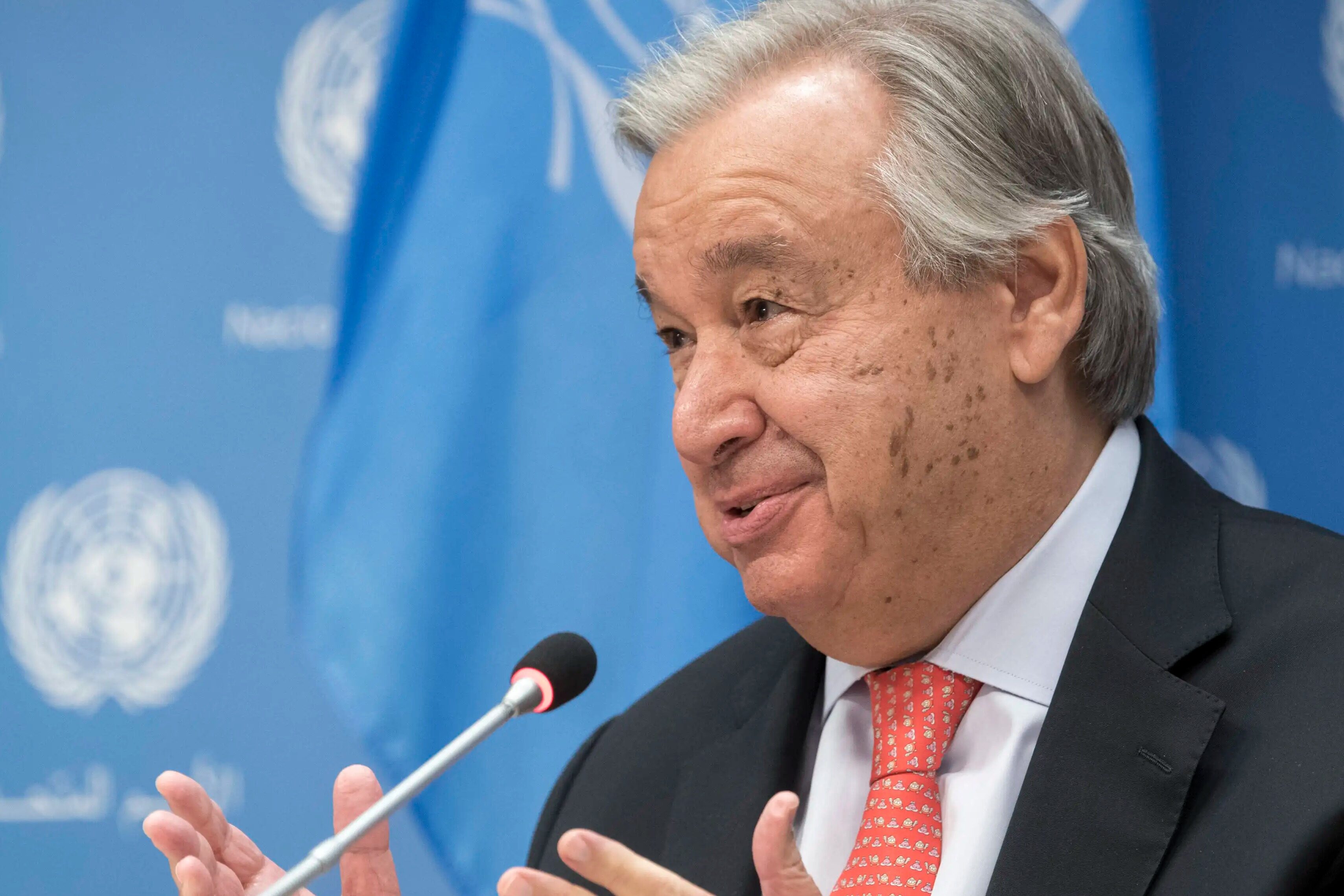
On May 18, 2022, UN Secretary-General António Guterres delivered a speech on the World Meteorological Organization's 2021 State of the Global Climate Report.
Today's State of the Climate report is a depressing list of human failures to address climate change.Sea level rise, sea water temperatures, greenhouse gas concentrations and ocean acidification all set alarming records in 2021. The global mean sea level is rising more than doubling in the past, mainly due to the accelerated melting of glaciers. Ocean warming has also shown a dramatic increase over the past 20 years and is gradually penetrating deeper waters.

Antarctic ice sheets are melting
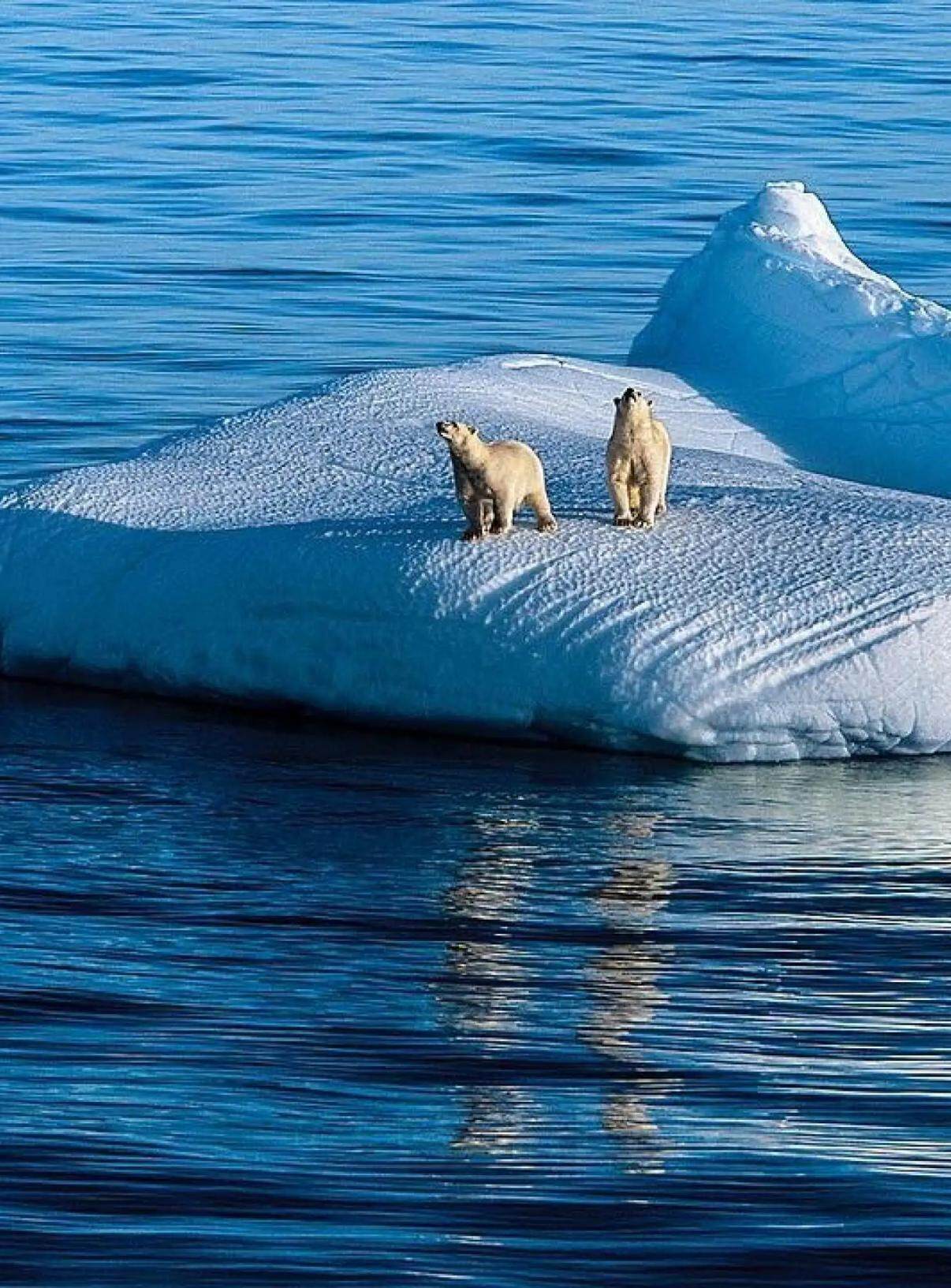
Polar bear habitat threatened
In 2021, most of the seas will experience at least one severe marine heatwave. Professor Taalas and colleagues at the World Meteorological Organization will interpret it scientifically. But I will give a bottom line.
The global energy system has collapsed
Fossil fuels are a dead end, both environmentally and economically. The war in Ukraine and its immediate impact on energy prices is another wake-up call for us. The only sustainable future for humanity is one based on renewable energy. We must end fossil fuel pollution and accelerate the transition to renewable energy, or we will burn our only home.
There is not much time left for us. To keep the 1.5 degree red line alive and prevent the severe impacts of the climate crisis, the world must act within this decade.
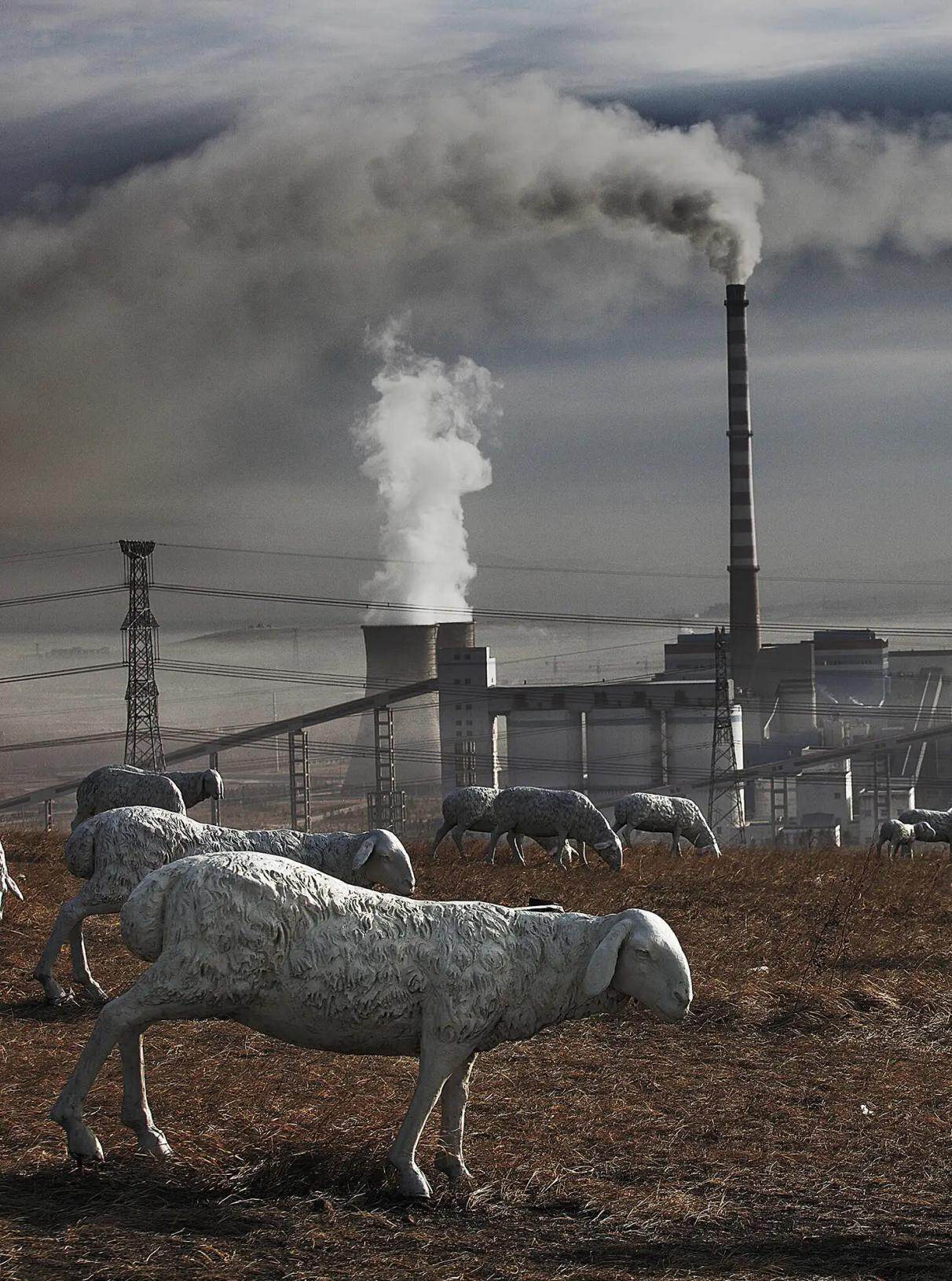
The good news is that the lifeline is right in front of us. Retrofitting our energy system is a low-risk solution.
Renewable energy technologies, such as wind and solar, are well established and, in most cases, cheaper than coal and other fossil fuels. The cost of harnessing wind energy has more than halved in the past decade. The cost of solar and batteries has dropped rapidly by 85%. And our investments in renewable energy also create more jobs—three times more jobs than fossil fuel jobs.
But we don't have any time to waste. That's why I'm presenting five key actions today to kickstart the renewable energy transition. First, renewable energy technologies, such as battery energy storage, must be seen as essential, free-flowing global public goods.
Removing barriers to knowledge sharing and technology transfer is critical
The issue of storage of electricity from renewable sources is often cited as the biggest obstacle to achieving a clean energy transition.
Therefore, I am calling for a global coalition on battery energy storage to rapidly advance energy storage innovation and deployment - a coalition that can be led and driven by governments, bringing together technology companies, manufacturers and financial firms.
Second, we must secure, scale and diversify the supply of key components and raw materials for renewable energy technologies. Today, supply chains for renewable energy technologies and raw materials are concentrated in a few countries. Unless we bridge this huge divide, it will be difficult for renewable energy to flourish. It will take a world-wide effort to reach agreement. Governments must invest in skills training, research and innovation, and encourage the establishment of related industrial systems.
Third, governments must create frameworks and reform institutions to provide a level playing field for renewable energy. In many countries, their systems are still favourable to fossil fuels. We must prevent bottlenecks such as GW-scale renewable energy projects being held back by red tape, permits and grid connection issues.
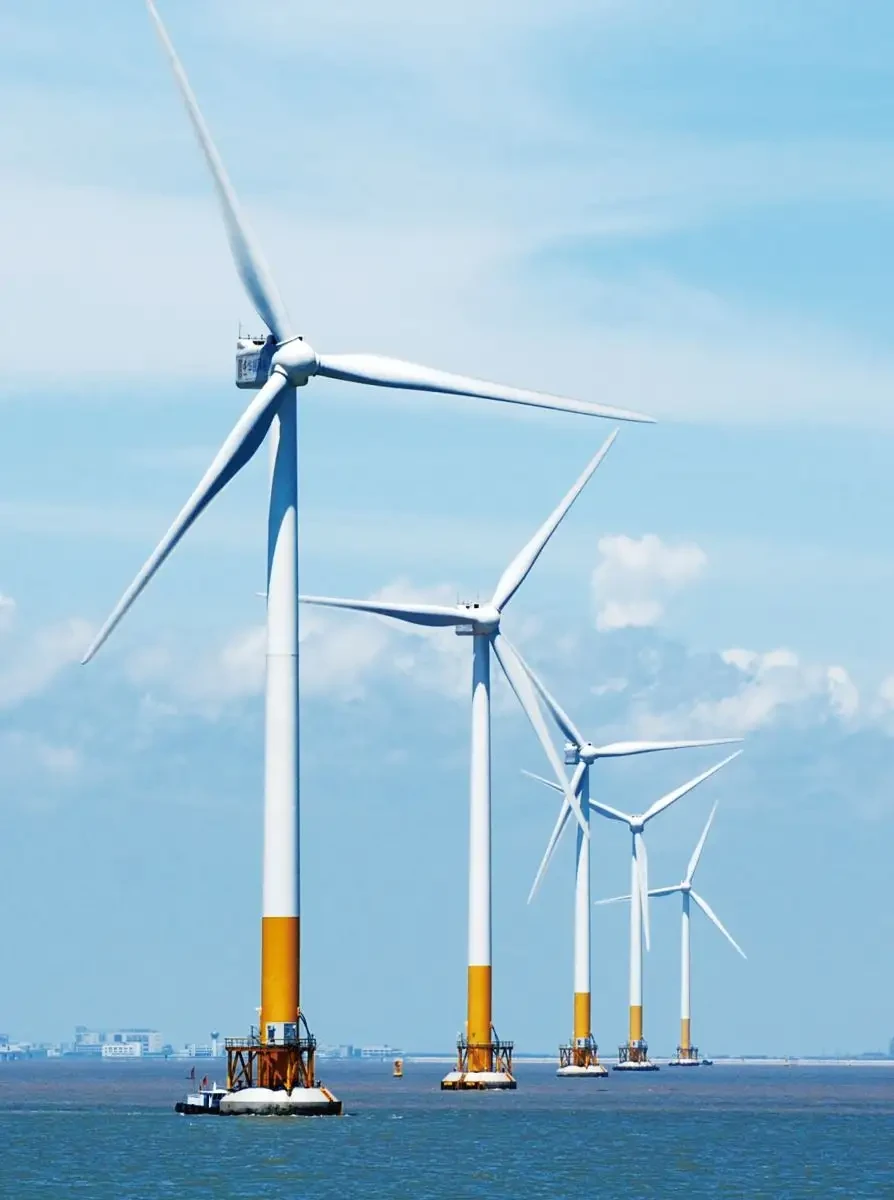
I call on governments to expedite and simplify approvals for solar and wind projects, modernize grids, set ambitious renewable energy targets aligned with the 1.5-degree red line, and provide investors, developers, consumers and producers with a certain environment . Renewable energy policies are fundamental measures to reduce market risk and drive investment in.
Fourth, governments must cut subsidies for fossil fuels to protect vulnerable groups and communities. Every minute of every day, coal, oil and gas receive roughly $11 million in subsidies. Every year, governments around the world invest around $5 trillion in artificially lowering the price of fossil fuels, which is three times as much investment in renewable energy. The oil and gas industry makes billions from a distorted market while people pay high prices in some areas. This act must be stopped.
Fifth, private and public investment in renewable energy must increase to at least $4 trillion per year. For solar and wind projects, up-front payments account for 80% of the entire life cycle cost. This means that a big investment now will pay off hugely in the years to come. But some developing countries pay up to seven times the cost of financing than developed countries. We need blended finance that provides the necessary structure to fill the existing funding gap, which means adjusting the risk framework and creating more flexibility to scale up renewable energy finance. The management and shareholders of multilateral development banks and development financial institutions must be held accountable.
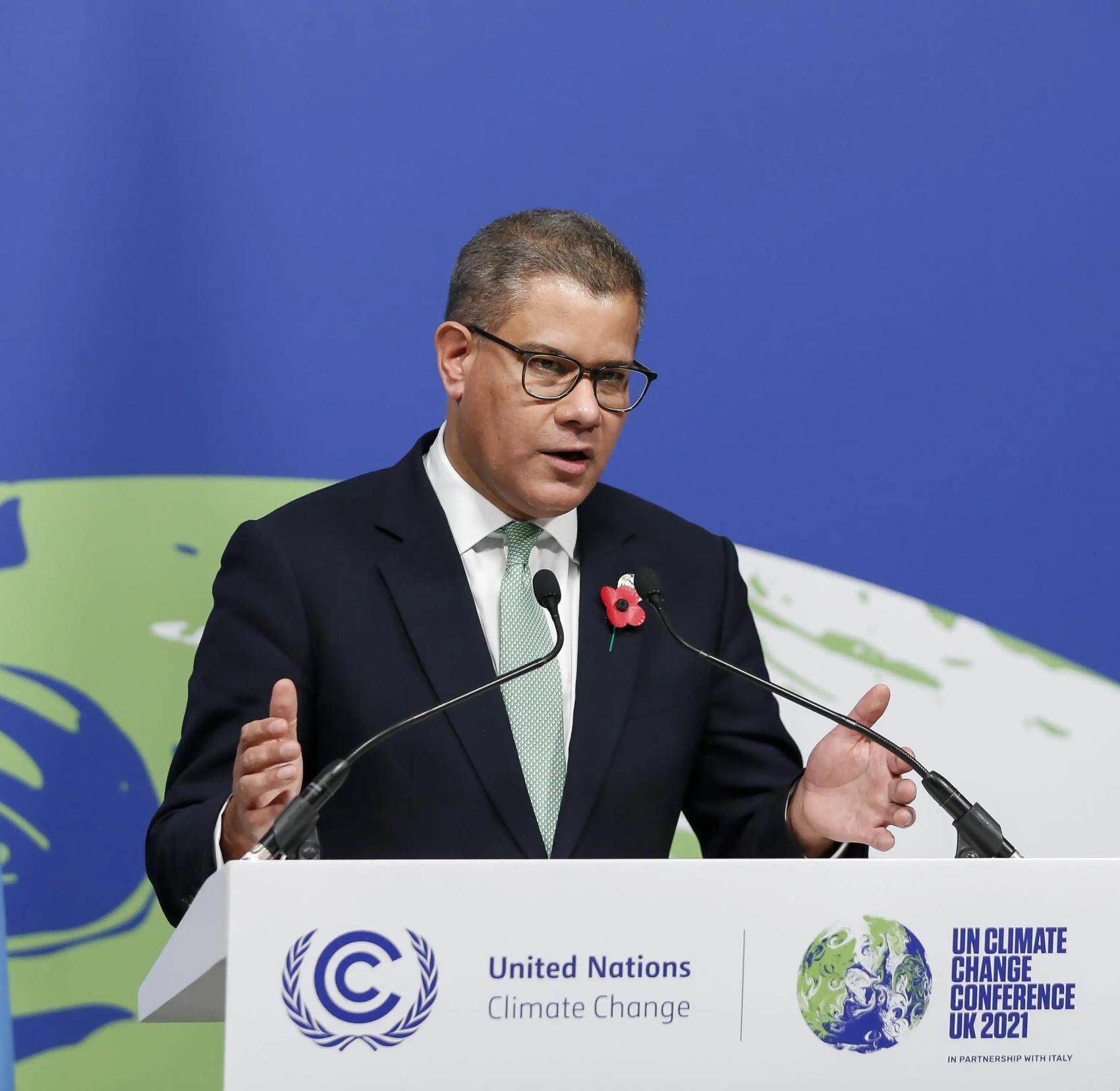
Glasgow Climate Change Conference reaches consensus on the implementation of the Paris Agreement
I call on them, including their private sector, to fully align their loan portfolios with the Paris Agreement by 2024 and end the financing of all high-emissions, high-polluting projects. This includes using their balance sheets creatively to accelerate the renewable energy transition. This means setting targets to provide substantial funding for renewable energy infrastructure, including through technical and policy assistance. Commercial banks and the global financial system need to significantly increase investment in renewable energy while phasing out fossil fuels.
Renewable energy is the only way to achieve true energy security, stable electricity prices and sustainable jobs.
If we act together, the renewable energy transition can be a 21st century peace project. Every country, city and citizen, every financial institution, company and civil society organization has a role to play.
But most importantly, now is the time for leaders — public and private — to stop envisioning and talking about renewable energy as a distant future project.
Because there can be no future without renewable energy. As today's report argues, now is the time to start the renewable energy transition before it will be too late. Editor / Xu Shengpeng
Comment
 Praise
Praise
 Collect
Collect
 Comment
Comment
 Search
Search




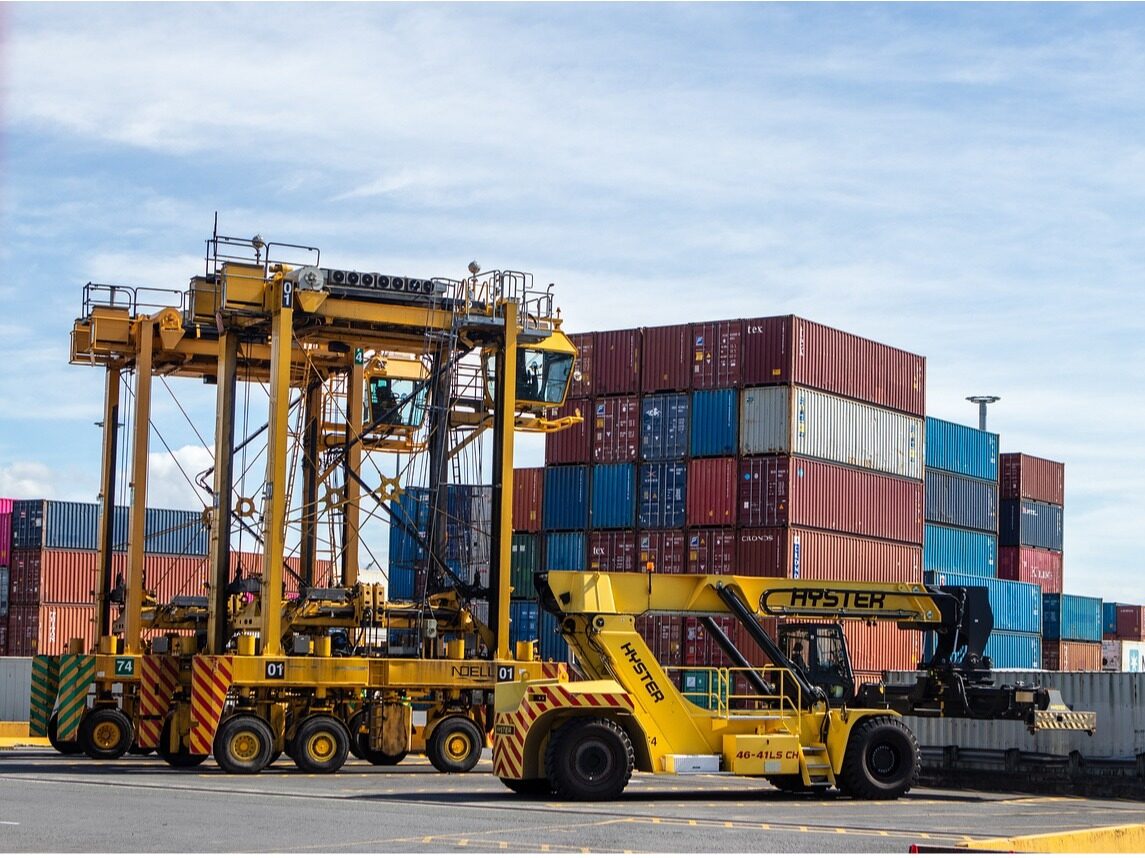

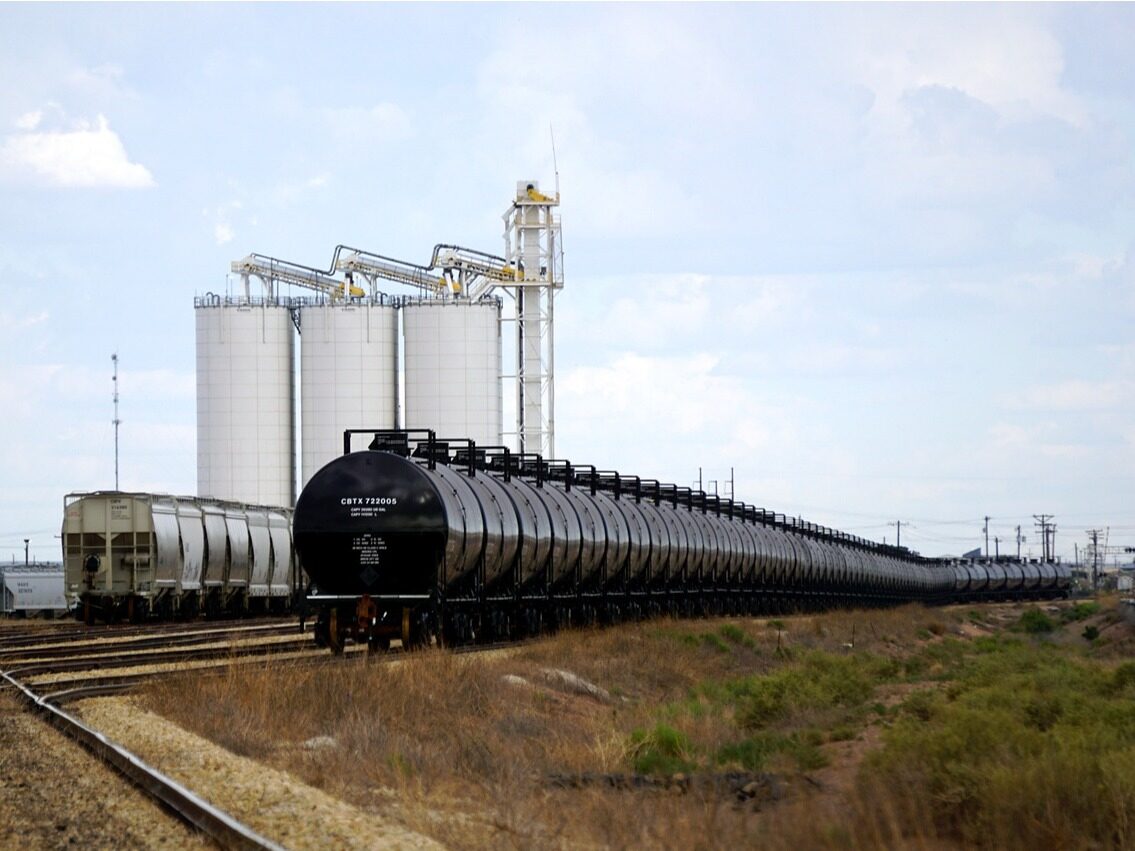







Write something~